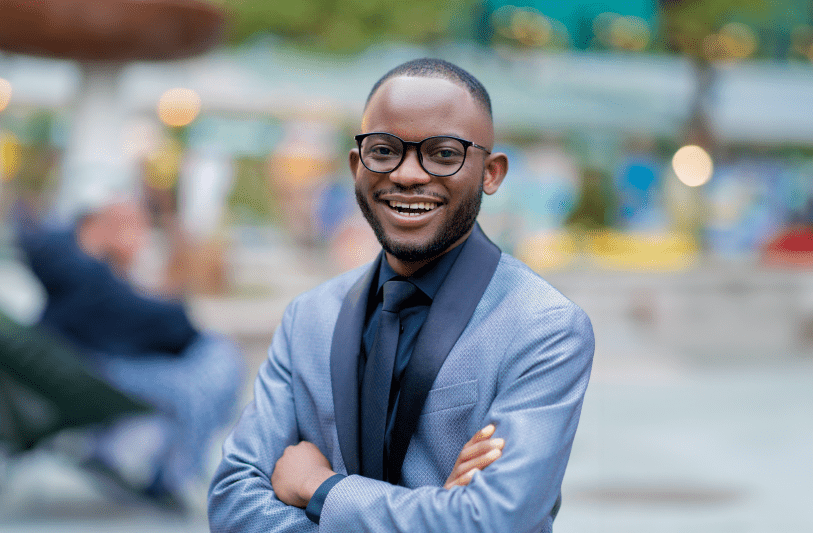In 2015, I found myself in a room with former German Chancellor Angela Merkel, among 40 youth leaders I was mentoring from G7 and Global South countries at the J7 summit in Berlin. Our deliberations led to a position paper that was later presented to the heads of states at the G7 summit that same year. This experience marked the beginning of a journey that has seen our group of young leaders, now spanning over 30 countries, stay connected and collaborate on multiple initiatives, cross pollinate ideas, and share resources.
What started in Berlin epitomised global diplomacy, which at its core is about service, wisdom, consensus building, and sometimes compromise. Our history and very existence has been shaped by diplomacy. Culture, education, climate, human rights, health, technology, and disease prevention are all shaped by diplomacy. Today, the role of climate diplomacy has never been more urgent, fundamentally because no country is immune from the effects of climate change, and no country can solve the climate crisis alone.
The current global challenges, such as the climate crisis and the COVID-19 pandemic, highlight our interconnectedness as a global community. We are not only connected to each other but also to ecosystems and all living things around us. Interconnectedness, inclusion, and interdependence, also underscore the critical role of the private sector in reversing the climate crisis. Recently, more than 2,200 businesses worldwide joined the Science-based Targets Initiative, committing to emissions reduction targets aligned with achieving Net Zero by 2050.
Meanwhile, today’s millions of young people are making a significant impact in their respective fields of climate diplomacy. From women-led climate venture funds such as Kinjani in South Africa, to our current impact start-up where we are educating thousands of African high school students in STEAM and climate courses using an AI powered online learning platform, the wind of change is moving so fast, pollinating multiple solutions for climate action. These and many more cases exemplify how a coalition of young global citizens, supported by global leaders, can build an intergenerational network of global citizens and innovators capable of joining hands to reverse the changing climate.
At a global level, we are witnessing the UN process increasingly serving as a platform for brokering action-oriented coalitions. This shift recognises that while formal decision-making authority remains with sovereign states, many other actors, including private sector, cities, and civil society, are driving national and global climate action and emissions reductions.
In my recent BBC conversation with UN head, Antonio Guterres, we shared a common conclusion that climate change doesn’t discriminate or affect only one country or region. It’s a global issue that affects us all, however, we must recognise how countries that are least contributors to climate change are being impacted disproportionately. This is evident judging by the current torrential floods in Kenya, and the unprecedented drought in Zambia, leaving 1 million hectares of maize destroyed, almost half of the country’s maize cultivation. This might sound like a mere statistic to many, but my parents live in Zambia. They survive through maize cultivation, and we are talking about a continent where agriculture produces around one-third of the continent’s total GDP.
Everywhere I go I see hope and determination in the eyes of people. Whether I am chatting with President Obama at his private office in Washington DC or onboarding students to our edtech platform at a rural high school in Zambia. Human beings are determined to build a better future for themselves and the planet. Therefore, as we navigate the complex challenges of the 21st century, climate diplomacy cannot be achieved in the absence of an engaged youth constituency. Engaging youth in climate diplomacy means financing their work and respecting their voices in decision-making processes. By harnessing the power of young people and fostering collaboration between generations, we can build a more transformational and equitable world, especially as the world looks to the UN Summit of the Future in September 2024.
By Brighton Kaoma
Founder of Amano So and Co-CEO at DodoSchool, an AI powered edtech platform for high school students in Africa. He served as global youth director at UN SDSN in New York. Brighton attended Columbia University and was awarded by both Queen Elizabeth II and Barack Obama for championing climate action through low-cost technologies.
.svg?iar=0&hash=670E3638BC16C0DD69B262DD1184DEA8)

